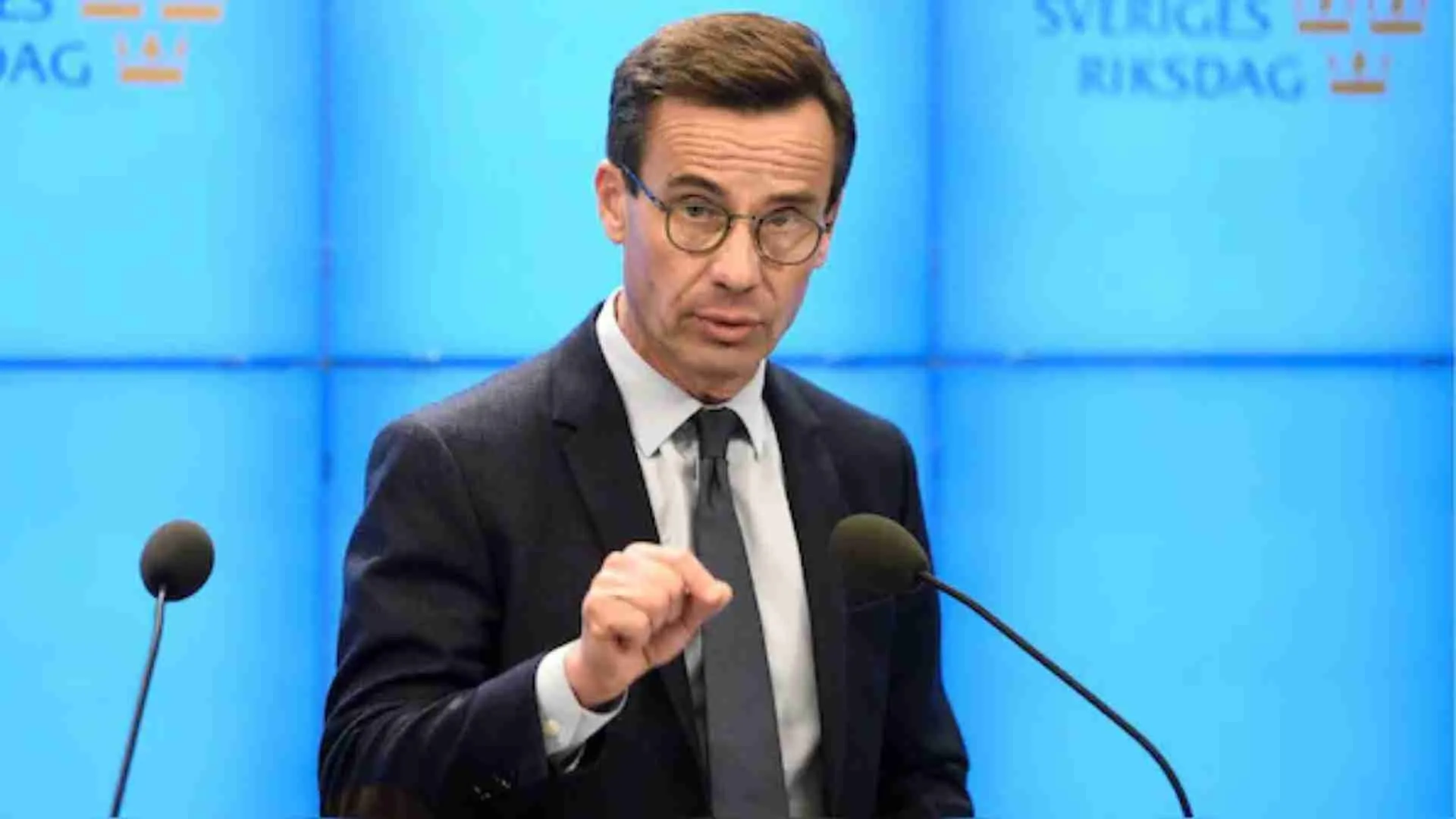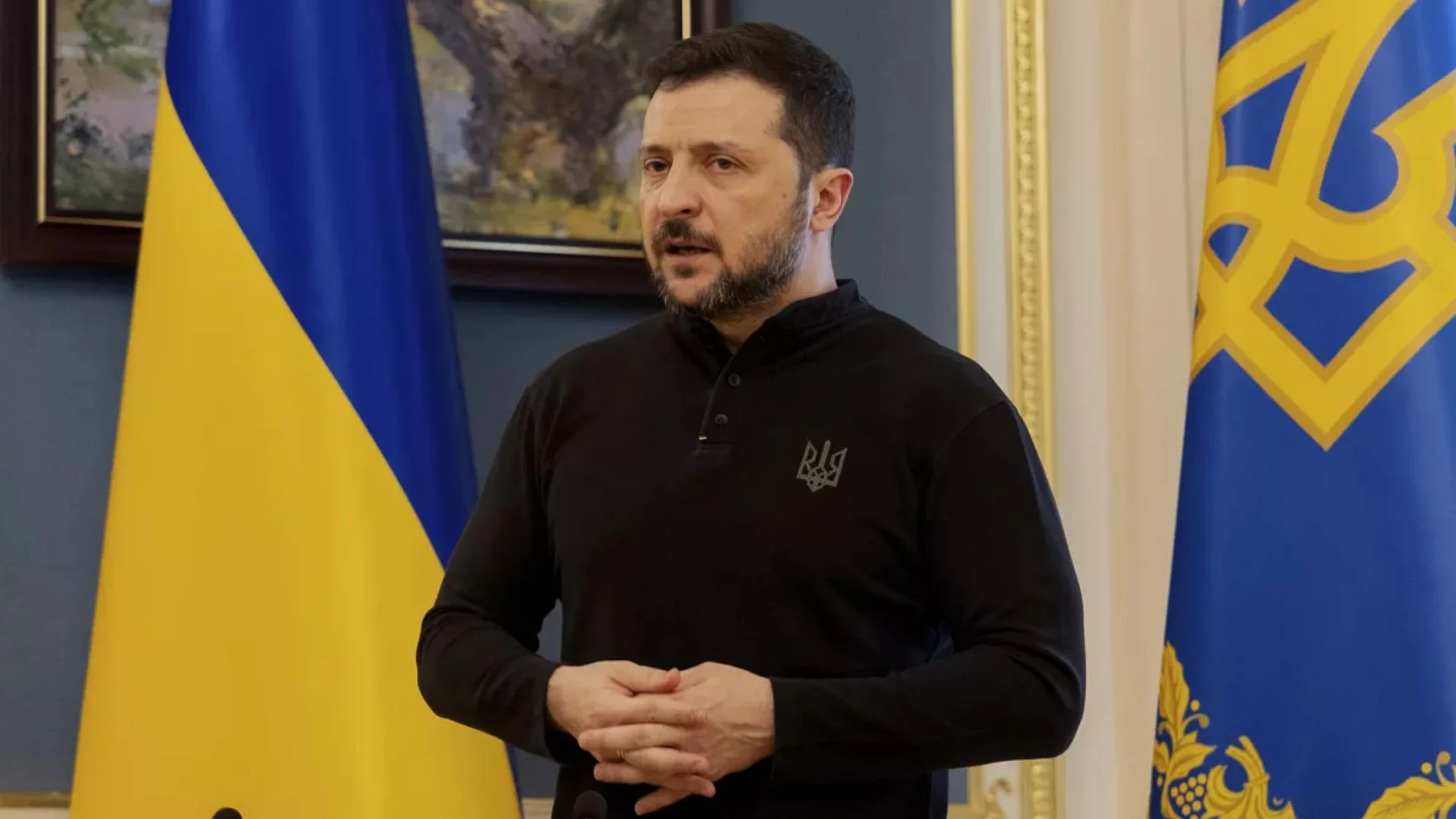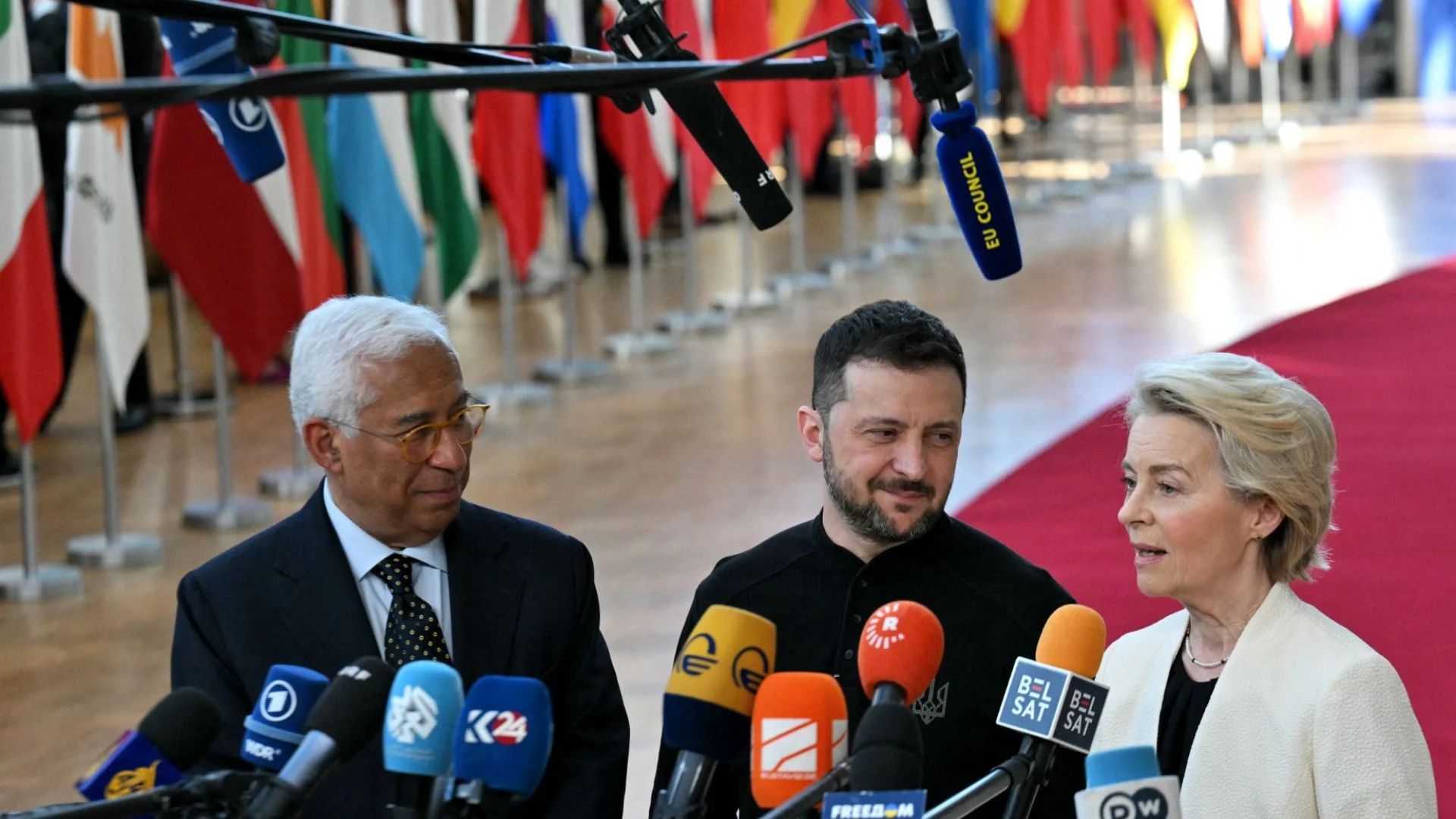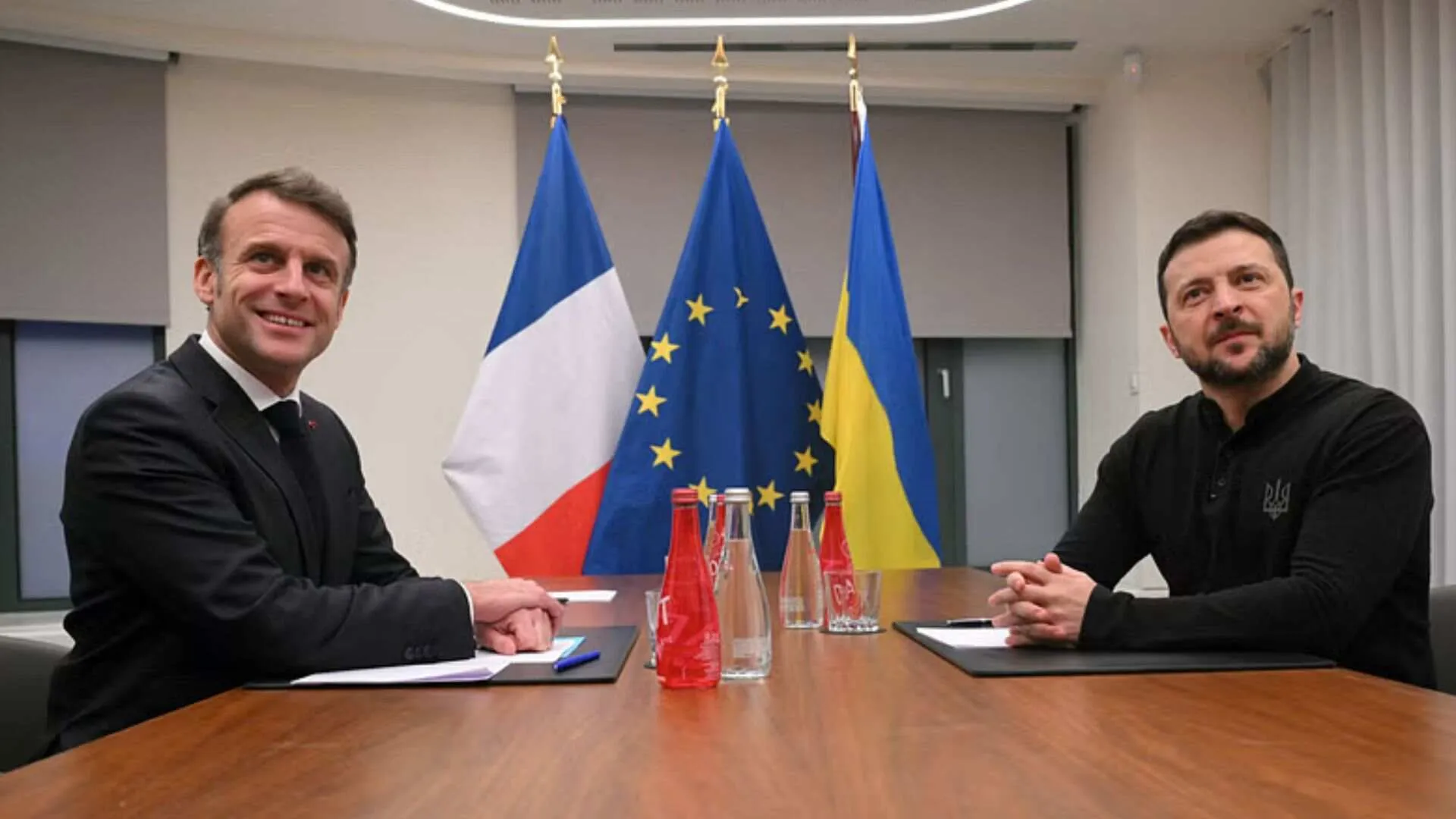Sweden’s Prime Minister Ulf Kristersson declared that the country is in a precarious position, “neither at war nor at peace,” as Stockholm deploys warships and surveillance aircraft to the Baltic Sea for the first time. This move follows suspected sabotage incidents targeting undersea cables, prompting Nordic nations to intensify monitoring of critical infrastructure in the region.
Sweden Deploys Warships to Baltic Sea
On Sunday, Sweden announced the deployment of up to three warships and an ASC 890 reconnaissance aircraft to support NATO’s efforts in safeguarding the Baltic Sea’s critical infrastructure. These measures are aimed at addressing the recent undersea cable sabotage and monitoring Russia’s so-called “shadow fleet.”
Kristersson made the announcement during the annual Folk och Försvars (People and Defence) conference in Sälen, highlighting the growing security concerns in the Baltic region. He stressed that “hostile intent cannot be ruled out” regarding the recent incidents involving Baltic undersea cables.
Hybrid Threats and Proxy Wars
Kristersson described Sweden’s current security situation as a blend of “hybrid attacks and proxy wars.” He cited examples such as alleged Iranian involvement with Swedish gangs and noted that these attacks employ tools like disinformation, cyberattacks, and economic manipulation instead of traditional military forces.
“Sweden is not at war, but true peace requires freedom and the absence of serious conflicts,” Kristersson stated. “Those who desire peace must also be prepared for war.”
Regional and Domestic Responses
The Swedish government remains cautious but resolute. While continuing investigations into incidents like the damaged cable between Finland and Estonia, Sweden has taken proactive steps by recovering an anchor suspected of involvement.
Kristersson also emphasised Sweden’s transformation into a more pragmatic and central player in regional security. He highlighted increased domestic support for NATO membership and outlined plans to raise Sweden’s GDP contribution to NATO from 2.4% to 2.6% over the next three years.
Expanding Cybersecurity and Defence Spending
Looking ahead, Sweden is set to enhance its civil defence capabilities, with spending projected to reach 37.5 billion SEK (£2.75 billion) by 2030. Plans include the establishment of a new national cybersecurity centre to address emerging threats.
“We are no longer a blue-eyed idealist on the sidelines but a realist at the centre of events,” Kristersson concluded, underscoring Sweden’s growing role in securing the Baltic region.























